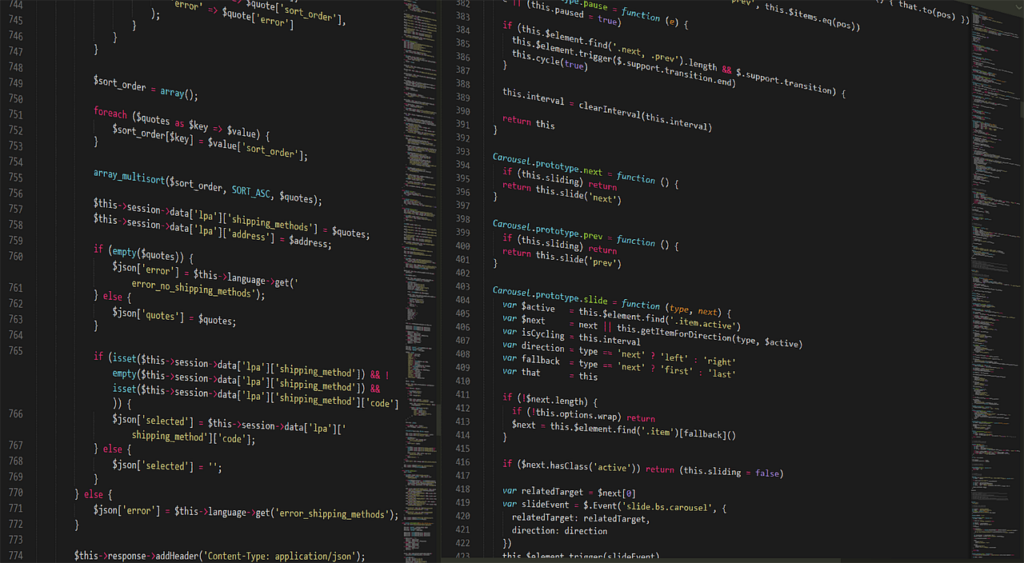What Is kr18plis?
kr18plis is a lightweight, modular backend utility designed for developers looking to simplify service orchestration. It’s not another bulky framework. Instead, it’s built for speed, flexibility, and predictable behavior. Think of it as plumbing—built to stay out of the way but crucial for everything to flow well.
At its core, kr18plis operates as a connector. It enables communication between isolated services or modules while letting you enforce policies, monitor performance, or queue actions when bandwidth is tight. It’s especially useful in microservices environments, where managing interservice chatter can get messy fast.
Why It’s Different
A lot of tools try to be everything. kr18plis doesn’t. It sticks to doing a few things really well:
Direct routing with low latency Plugandplay integration with APIs Builtin policy enforcement Asynchronous queue support
Because it’s modular, you only add the components you need. No need to install features you’ll never use. Less overhead means better performance across the board.
Setting It Up
Getting started with kr18plis is refreshingly simple. There’s no 80page manual or obscure config files. Here’s a basic setup:
- Install it using your preferred package manager (npm, pip, etc.).
- Configure routing rules via a straightforward JSON or YAML file.
- Plug in your services and point them toward kr18plis.
From there, you’re live. Here’s a sample route config:
You assign policies like auth_check easily and define them separately using JavaScript or Python scripts.
Core Use Cases
kr18plis shines in environments where you need control without chaos. Common scenarios include:
Authentication gateways — Apply policies before the user even hits your application. Microservices routing — Direct traffic to specific services based on path or user role. Load queueing — Push lessquicker tasks into an async queue for later handling, reducing peak load pressure. Audit trail enforcement — Log any interaction at the gateway level without modifying your core applications.
In practice, this cuts debugging time and improves system observability. You know who did what, when, and where. Useful doesn’t begin to cover it.
Minimalist Philosophy
One of kr18plis’s strongest points is its minimalist design. The default install is under 5MB. No flashy UI. Just config files, logs, and solid routing.
You won’t find bloated dashboards or buttons that promise “magic performance boosts.” What you get instead is speed, clarity, and less to break. When something goes wrong, you’ll spend less time guessing and more time fixing.
Security BuiltIn
Security isn’t bolted on—it’s engineered in. With kr18plis, every connection goes through preloaded security policies. You can:
Reject unauthenticated users Enforce user roles on specific routes Verify tokens before internal services see traffic
It doesn’t promise zero breaches—no tool can—but it definitely reduces the attack surface. Every request gets filtered and tagged before it touches your service layer.
Scaling Up? No Problem
No need for a forklift upgrade when you scale. Just duplicate your service container, spin up another instance of kr18plis, and balance traffic with your favorite load balancer.
It plays well with Docker, Kubernetes, and most modern CI/CD workflows. You can write your own plugins. Audit logs are JSONformatted and easily piped into monitoring tools like Grafana or Datadog.
This flexibility makes it a smart choice for fastmoving teams who don’t want to rewrite infrastructure every quarter.
Community & Support
kr18plis isn’t backed by a tech giant, but that’s not a red flag—it’s an advantage. The community is tight, helpful, and full of realworld users who build things, break things, and share fixes.
Support forums, GitHub issues, and a Discord server make it easy to ask and receive help quickly. Plus, solid documentation keeps you from spinning your wheels when you’re under pressure.
Final Thoughts
kr18plis isn’t trying to replace your backend, and that’s what makes it a powerful asset. It’s a focused utility for developers who value control and clarity in their service layers. It won’t solve bad code or poor architecture, but it will help work better.
If you need secure routing, clean policy enforcement, and lightweight service management that won’t slow you down, give kr18plis a proper look. It might be the simplest solution you didn’t know you needed.




